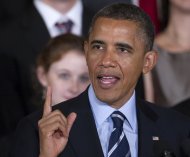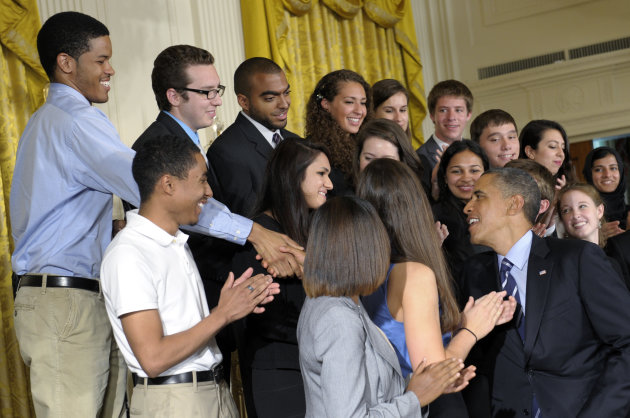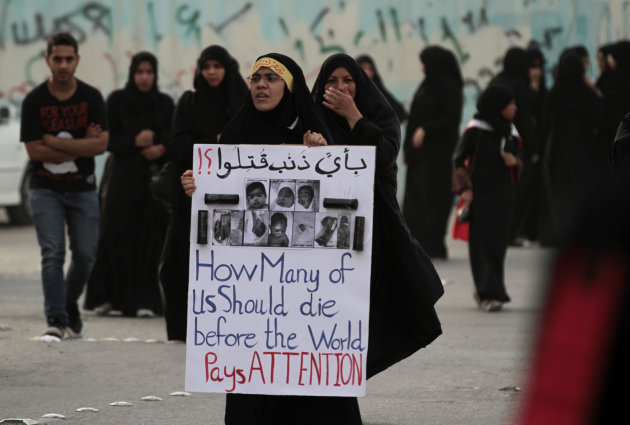
Always on the boil, the melting pot of conspiracy theories that is Pakistan is now boiling over. Suspicion that “hidden hands” were at work in ousting Syed Yusuf Raza Gilani from office — reportedly voiced by none other than the former Prime Minister at a closed-door meeting — has given way to fears that the democratically elected government is being encircled. When an arrest warrant was issued against Makhdoom Shahabuddin, the first choice for replacing Mr. Gilani, coup talk returned to Pakistan full steam.
Many found the timing of the warrant suspect. The case had been pending for sometime. To add to this, the Anti-Narcotics Force (ANF) — which is investigating this case — is headed by a serving Army officer. For a country all too familiar with military takeovers under one pretext or the other, it was enough to set alarm bells ringing. Television anchorperson, Farrukh Pitafi, reflected the exasperation of many when he tweeted: “Bhai, takeover kar lo (you might as well take over)”.
The ingredients were all there, raising the spectre of the 1990s when politicians sparred often enough and so bitterly that it was easy to play one against the other, the revolving door change of governments ending with Pervez Musharraf’s takeover that lasted a decade.
Despite the iconic aura it has gained since 2007 and the harsh words it has used against the military in a couple of cases, the superior judiciary’s past has not been forgotten. Every military intervention was validated by the judiciary and the present pantheon includes judges who had validated Gen. Musharraf’s coup. That has only added to the apprehensions of a nation several times bitten.
The Dawn’s editorial articulated these fears about the arrest warrant: “Given the uncanny timing of yesterday’s developments, we cannot rule out the possibility that there are forces working behind the scenes to prevent Pakistan’s fledgling democracy from weathering the current crisis.”
Since the new PM-designate, Raja Pervez Ashraf, also has a fair share of cases against him, the joke in town was that efforts were on to dig up dirt onQamar Zaman Kaira, the “cover candidate” introduced into the fray by the Pakistan People’s Party (PPP).
In any case, no one expects the new premier to have an easy run. As the search for candidates for premiership was on, the bottom line was that only those willing to be disqualified for five years need apply. It is amply clear that the PPP is determined not to write to the Swiss authorities to reopen graft cases against President Asif Ali Zardari. Among the first tasks awaiting the new man in would be the Supreme Court order asking that the letter be sent. Or go the Gilani way.
Halo fades
But the PPP too is determined to hang in for the remainder of its term, which ends in March 2013, despite calls from political opponents to call it quits. Ironically, the man who selects the new Prime Minister is the same person as the court’s real target in the government-judiciary standoff – President Zardari. So, expect more of the same in coming months The two have been eyeball to eyeball since the President dragged his feet over the reinstatement of Justice Chaudhry from 2008 to 2009. Mr. Gilani got caught in the crossfire, as the judiciary stood tall over an inefficient government bogged down by controversies.
Some of the halo around the judiciary – that harks back to the lawyers’ movement for the reinstatement of judges removed by Gen. Musharraf — has faded in recent weeks with the Chief Justice’s son, Arsalan Chaudhry, being accused of taking millions from a property tycoon for influencing cases. More than the accusations, the manner in which the Court handled that case has dented its image.
Writing in The News, lawyer Babar Sattar said the judiciary had “squandered a vital opportunity to salvage its reputation as a neutral arbiter of the law” with its judgment in the case.
The court’s decision to disqualify Mr. Gilani has also drawn its fair share of criticism, not out of any love or appreciation for the PPP-led dispensation but because of what it portends for Pakistan’s fledgling democracy.
Expressing disappointment, The Dawn editorial said: “Legally there might have been a case against the Prime Minister, but it was best for the supreme judiciary not to have waded so deep into such obviously political waters.”
Questioning the decision to ask the Election Commission to notify Mr. Gilani’s disqualification instead of just referring the matter to it, The Dawn noted: “By doing so, it has both disrupted an existing democratic set-up and set a worrying precedent for the future.”
Ever critical of the judiciary for turning a blind eye to the plight of Ahmadis and extremism, Lahore-based lawyer Yasser Latif Hamdani wrote in his blog: “We are increasingly descending into a state which resembles the dystopia of Judge Dredd. It is now important to acknowledge that we are no longer a democracy but a judocracy, where the whim and will of an unelected presiding officer of the apex court has more power than 180 million people. Perhaps it is time to dispense with the pretence of parliament, prime minister and president and constitutionally empower the Chief Justice to act as all three….”
Earlier, Hamdani, who had participated in the movement for the Chief Justice’s restoration, had written an open letter to him urging him to step down given the allegations levelled against his son, saying “Ceaser’s wife is no longer above suspicion.”
He is not alone. Many leading lights of the movement including Asma Jehangir and Munir Akram have spoken out even earlier about the manner in which Justice Chaudhry took up cases that were more about politics than contested points of law.
To many an analyst, the superior judiciary is now attempting to do what traditionally the military — again a non-elected state institution — assigned for itself: clean up Pakistani politics and society. But, according to political analyst Hasan Askari Rizvi, “if the expanded role of non-elected institutions offered a credible solution, Pakistan’s politics should have been very organised and systematic after four periods of direct and indirect military rule.”
For now, the coup talk may be just that — talk — but as all institutions continue to jockey for space and power in what is essentially the nascent phase of an evolving democracy, any attempt to upset the apple cart will arouse suspicion. On this count at least, Pakistan cannot be accused of crying wolf too often. And, the military and the judiciary do not have history on their side.











